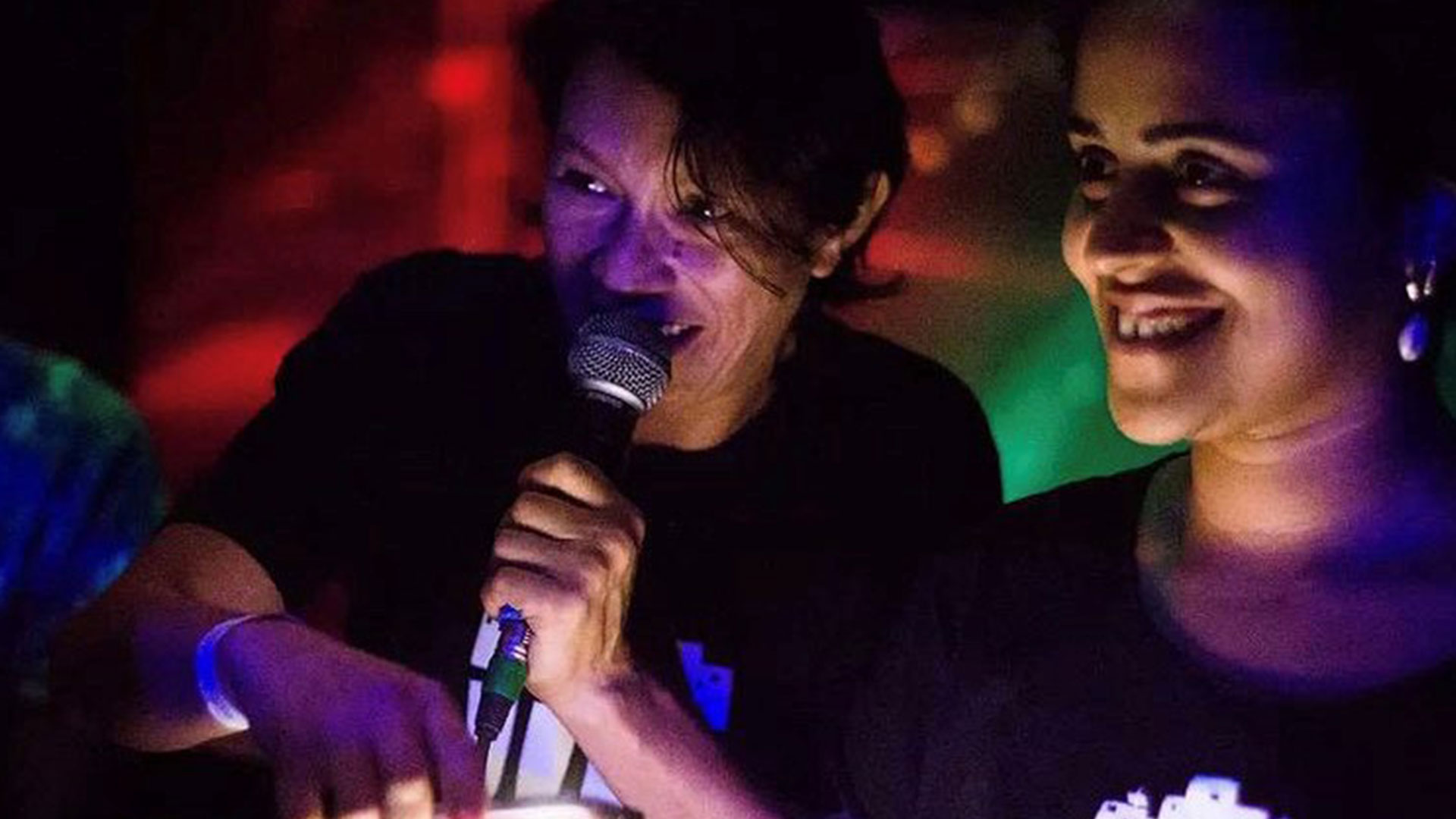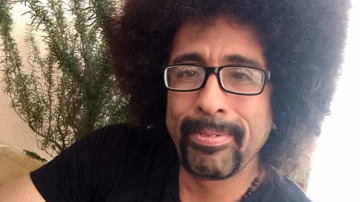
Fatinha Lima is 44-year-old woman, a lesbian and a resident of Morro da Providência — the first favela (slum) in the city of Rio de Janeiro. Like so many other people, Fatinha is a member of a family that moved from the northeast region of the country — a place that concentrates almost half of all economic poverty in Brazil — to other cities where they would have better opportunities. Her relationship with drugs, as a cannabis user, has always been crossed by prejudice and discrimination, including in her own family.
But it wasn’t only at home that Fatinha found resistance due to being a person who uses drugs, because living in a favela in Brazil means having a daily relationship with the ‘war on drugs’. From her journey, Fatinha sees this approach as a farce, a ‘perverse tool of social control with roots in colonialism,’ as she says. ‘Our youth is raided, imprisoned and killed,’ she adds. When they are not arrested, they are killed: drug-related crimes are the most common in Brazil (approximately 1 in 3), according to data from the National Penitentiary Information Survey (2019). And according to the Atlas of Violence in Brazil, in 2018 Black people represented 75.7% of homicide victims.
The War on Drugs is a War on Poor People
In Brazil, people who use drugs and people who traffic substances receive the same treatment by the Law. There is no actual formal difference between them: the police are responsible for recording the occurrence as they see fit. Recalling two high-profile cases when a Senator’s helicopter was intercepted with 450 kilos of cocaine in 2013, and when a pilot was arrested, in 2019, with 39 kilos of the same drug as he disembarked from an official plane of the Presidency of the Republic, Fatinha says that ‘[People from] the middle and upper classes receive one treatment, while in the favela you can be murdered at any time because the favela is considered a ‘territory of trafficking”’.
She also says: ‘I am affected by this war daily. Every day, and most of the time, there is always an atmosphere of apprehension and anguish. People are always in mourning, there is always a neighbour who has had a child murdered. And then the favela goes all silent, because it is in mourning”.
To break this silence, Fatinha organizes the ‘Favela Cineclube,’ an autonomous project of activism in Morro da Providência, which brings local residents’ culture through cinema, with free screening of films. Thus, a space that is understood by the State as a territory of trafficking also becomes a place of organisation for human rights. And when that happens, for as long as the film is shown, the anger and outrage that she feels stop, even if momentarily. This is their ‘revenge’; this is their ‘weapon’ to fight back.
‘O dia em que o morro descer e não for carnaval
Não vai nem dar tempo de ter o ensaio geral
E cada uma ala da escola será uma quadrilha
A revolução já vai ser de guerrilha
E a alegoria, um tremendo arsenal’
‘The day the slum comes down, and not for the carnival
There will be no time for a dress rehearsal
And every segment of the samba school will be a batallion
The revolution will be one of guerrillas
And the allegory, a huge arsenal’
Wilson das Neves – Brazilian musician
Photo : Dayana Rosa
Fatinha’s story was compiled with support from Dayana Rosa. This story has been edited for clarity.
More stories from Brazil
View allMore stories about Proportionality & Criminal Justice



